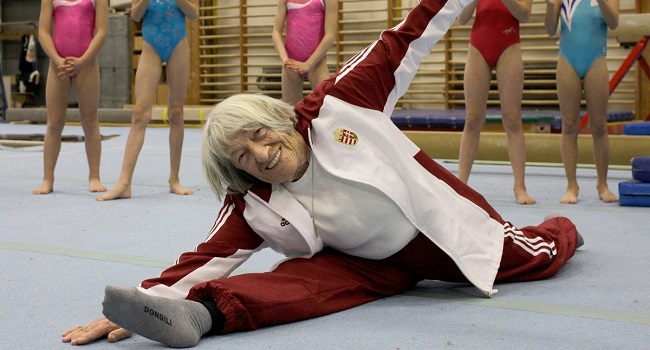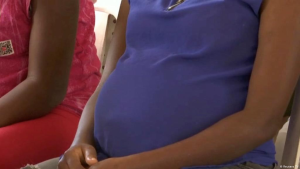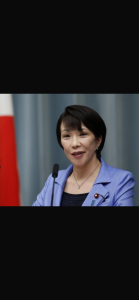
Agnes Keleti, the world’s oldest living Olympic champion and a Holocaust survivor, passed away on Thursday at the age of 103 in a Budapest hospital. Her death was confirmed by her press official, Tamas Roth, following a report from local sports daily Nemzeti Sport.
Keleti, who had been hospitalized with pneumonia the previous week, was hoping to celebrate her 104th birthday with her family on January 9. Her son, Rafael Biro-Keleti, had expressed hope that his mother’s vibrant vitality would see her through to this milestone.
Keleti’s extraordinary life reads like the script of a Hollywood movie, marked by resilience and triumph against all odds. As Hungary’s most successful gymnast, she earned ten Olympic medals — including five golds — in a career that defied the limitations of age and circumstance. She won these accolades in Helsinki (1952) and Melbourne (1956), all after reaching the age of 30 and competing against much younger athletes.
Her motivation for pursuing gymnastics was not the pursuit of glory, but a desire to escape the confines of the Iron Curtain that dominated Hungary under communist rule. She once said, “I was competing not because I liked it, but because I wanted to see the world.”
Born Agnes Klein in Budapest on January 9, 1921, she later adopted the surname Keleti, which sounded more Hungarian. Her athletic journey began in 1939 when she joined the national team, but in 1940, she was barred from competing due to her Jewish heritage.
During the Nazi German occupation of Hungary in 1944, Keleti narrowly escaped deportation to a death camp by obtaining false documents. She spent the war years hiding in the countryside, working as a maid, but still managed to train in secret by the Danube River whenever she found time. Tragically, her father and several other relatives were murdered in Auschwitz, though her mother and sister were saved by Swedish diplomat Raoul Wallenberg.
In 1956, following Hungary’s failed anti-Soviet uprising, Keleti chose not to return home after the Melbourne Olympics. She moved to Israel, where she married Hungarian sports teacher Robert Biro in 1959 and had two children. After retiring from competition, Keleti worked as a physical education teacher and later coached the Israeli national gymnastics team.
It was not until 1983 that Keleti was able to return to communist Hungary for the World Gymnastics Championships, and she finally returned to live in Budapest in 2015.
In an interview before her 100th birthday, Keleti reflected on her remarkable life: “It was worth doing something well in life, considering the attention I have received.” Her story, one of perseverance through unimaginable adversity, continues to inspire people worldwide.








